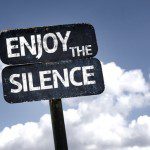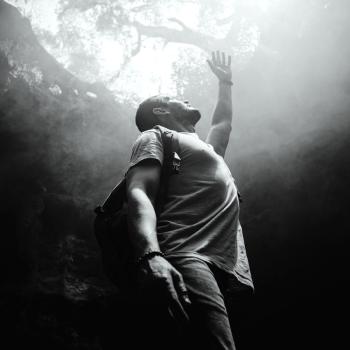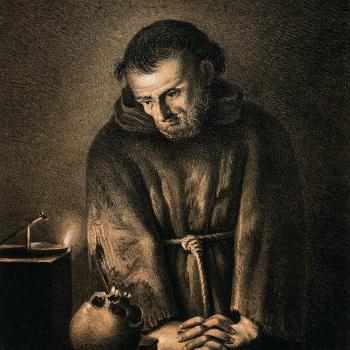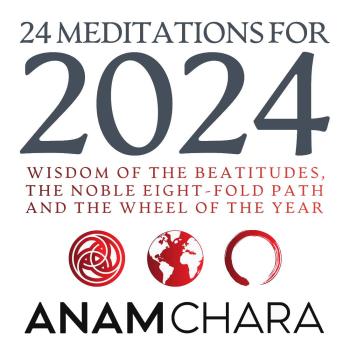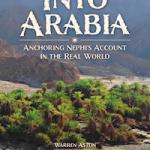Are you looking for a book or two to read, on the topics of contemplation or mysticism?
I thought I’d offer a twist on the typical blog post where books get reviewed. Here is a list of seven books I hope to read, ideally sometime this year. Some of these books are brand new, others a few years old, others older still. They all touch on contemplative prayer, the Christian mystery, and/or interspirituality, in some form or fashion. A disclaimer: copies of three of these seven books were supplied to me by the publisher, in the hopes that I would review them on this blog. But the remaining four I bought for myself; and would probably have bought the others if the publishers hadn’t been so generous. Since I have not yet actually read any of these books, I suppose you can’t really say I’m endorsing them. Maybe when I read them, I’ll be disappointed. So read at your own risk. The purpose of this blog post is to simply say that all these books look really interesting. I’m going to give them a try, so I invite you to as well (and please, leave a comment here if you like — or dislike — any of these books). Happy exploring.
-
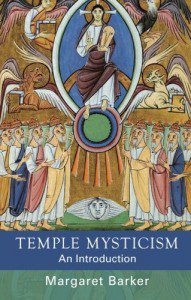
Temple Mysticism Margaret Barker, Temple Mysticism: An Introduction — Barker, a former president of the Society for Old Testament Studies, is an independent scholar who argues for a new understanding of the theology and cosmology of the Jewish temple as a key for understanding not only the ministry and message of Jesus Christ but indeed of the New Testament as a whole. “Mysticism” is a Greek word and so much of our understanding of Christian mysticism comes from the influence of Greek philosophy and religion — but it’s important to remember that Jesus, as an observant Jewish rabbi, was far more influenced by Jewish culture than Greek culture, and so anyone interested in the roots of Christian mysticism needs to begin at the beginning — and this book takes Barker’s reading of temple theology and applies it to the spirituality of the age.
-
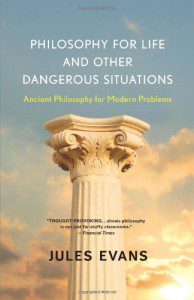
Philosophy for Life and Other Dangerous Situations Jules Evenas, Philosophy for Life and Other Dangerous Situations — As I alluded above, philosophy is an important doorway into mysticism and contemplation, even if in our post-romantic age we don’t always give it the credit its due. Part of that may be due to the fact that “philosophy” has become so entrenched in its academic form, with increasingly arcane, technical discourse dominating the field. It’s a challenge to figure out how the writings of Wittgenstein or Rorty make a difference in the work-a-day world most of us mere mortals inhabit. So this new book by British journalist Jules Evans offers a refreshingly down-to-earth consideration of why philosophy matters (or should matter) to the rest of us. The author focusses on ancient philosophy, but with an eye to applying the wisdom of the ancients to today’s world. “What does this have to do with contemplation?” you might be thinking. Well, the three main topics explored in the book are virtue, politics, and — yes — mysticism. For this is the purpose of applied philosophy: to help us live a good life (virtue), get along with each other (politics) and find our way in the world (mysticism).
-
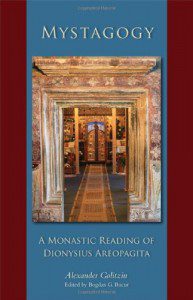
Mystagogy Alexander Golitzin, Mystagogy: A Monastic Reading of Dionysius Areopagita — Dionysius (or Pseudo-Dionysius) the Areopagite was an obscure sixth century Syrian monk who wrote some of the most influential/seminal literature of apophatic mysticism: the mysticism which stresses the hiddenness and unknowability of God. His writings paved the way for such later luminaries as Meister Eckhart, John of the Cross, and the anonymous author of The Cloud of Unknowing — not to mention postmodern philosophers like Jacques Derrida. To truly appreciate Pseudo-Dionysius requires a grounding not only in church patristics but in the philosophy of Neo-Platonism, which is what makes this book, authored by an Orthodox bishop, so appealing: it is grounded not only in philosophy and theology, but in a contemplative/mystical reading of the source texts.
-
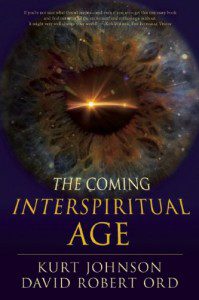
The Coming Interspiritual Age Kurt Johnson and David R. Ord, The Coming Interspiritual Age — What first grabbed me about this book was the stellar list of endorsements, from folks as diverse as Ken Wilber, Richard Rohr, Llewellyn Vaughan-Lee, and Paul F. Knitter. It uses an evolutionary/integral approach to understanding the development of human consciousness and then applies that to the global village reality we now live in: where, as the authors bluntly put it, “everyone is a mystic” and our encounter with all the world’s great contemplative traditions will lead to incredible enrichment, even for those of us who remain anchored in one specific tradition. Because the authors devote a chapter to the 2012 “end of the age” hysteria the book has a bit of a dated feel, but the rest of the material, I suspect, is timeless — and quite relevant for both today and tomorrow.
-
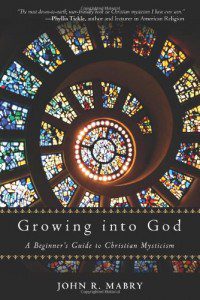
Growing Into God John R. Mabry, Growing Into God: A Beginner’s Guide to Christian Mysticism — Perhaps this is an odd book to show up on my to-read list, since I have written my own introductory book on this topic. But I guess I’m enough of a mysticism geek that I am interested in what other people have to say about it; furthermore, mysticism is such a vast subject that no one could ever exhaust its riches in a single volume. Here’s an argument for reading both my and Mabry’s books: The Big Book of Christian Mysticism approaches the topic by using lectio divina, the monastic practice of contemplative reading, as its framework. Mabry organizes his book around Evelyn Underhill’s five-stage model of mystical development: awakening, purgation, illumination, the dark night, and union. A lovely selection of quotations from the mystics, brief bios of the figures he cites, and a useful section on spiritual practices rounds out this inviting text.
-
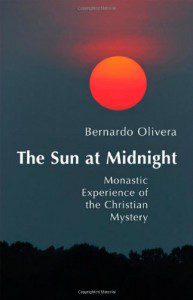
The Sun at Midnight Bernardo Olivero, OCSO, The Sun at Midnight: Monastic Experience of the Christian Mystery — For almost twenty years Dom Bernardo was the Abbot General of the Cistercians of the Strict Observance (the Trappists); now that he is retired he is devoting his energy to writing, and I hope we’ll see more from him. But for now, if you are interested in a Cistercian approach to Christian mysticism, here’s a book to explore. It’s a slender volume (125 pages) but it hits all the right notes: grounded in the humanity and life of Christ (the “Supreme Mystic”), the book goes on to offer a series of meditations on the mystical experience: sweetness, compunction, desire, unity of spirit, and so forth. The author makes the case that mysticism is not just some ornamental addition to the Christian life, but indeed is its foundation and heart.
-
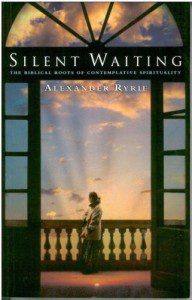
Silent Waiting Alexander Ryrie, Silent Waiting: The Biblical Roots of Contemplative Spirituality — I picked this older book up in consideration of a writing project I have underway, but it quickly rose to the top of my reading list because it looks so good just on its own merits. One of the most common objections I hear from Christians who are uncomfortable with mysticism and contemplation is that “it isn’t in the Bible.” Which of course is not true, but it points to how Christians have done a poor job, for centuries now, at reading the Bible for its instructions in the spiritual life. We’ve learned to ignore the mystical heart of the sacred scripture, and so we don’t teach that dimension of the Bible to our children, thereby ensuring that the problem is passed on to the next generation. We’ve developed two ways to read the Bible: as a text for personal salvation and moral challenge (the “conservative” approach) or as a text calling for social justice and communal liberation (the “liberal” approach). Perhaps one of the reasons why we have such a polarized way of engaging with scripture is because we have all lost touch with the Bible’s contemplative heart? Anyway, Scottish Episcopal priest Alexander Ryrie offers a consideration of how contemplation has its roots in the ethos and world-view of the Hebrew Scriptures (Old Testament) before going on to offer insights into what this means for Christians today.
Okay, there you have it: seven more books to add to your reading list. Let me know what you think. Are there any other books (new or otherwise) that look really appealing to you? Or anything you’ve read recently that you are eager to recommend to others? I’m always looking for more books to add to my list, so let me know!
Disclosure: Some of the books mentioned in this blog post were supplied to the blogger by the publisher. If you follow the link of the book mentioned in this post and purchase it or other products from Amazon.com, the author of this blog receives a small commission from Amazon. Thank you for doing so — your support keeps this blog going.
Enjoy reading this blog?
Click here to become a patron.




